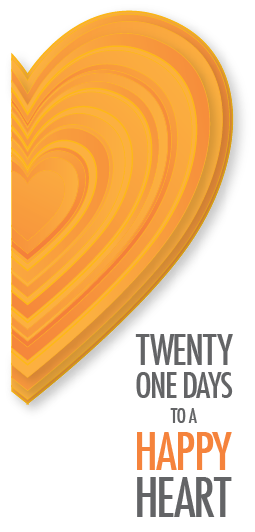Book recommendation: 'The Life Changing Magic of Tidying Up' by Marie Kondo.
Who knew that with all of the recent emphasis on organizing methods and media focus on hoarding, a book on tidying up could sell 3 million copies and counting. I considered myself tidy and have had energy for discarding things. When I received the book as a gift there didn't seem any reason to read it because in my mind I was already there. A colleague raved about the book and had pictures and stories to share. This got my attention and I took the book on a road trip. Once I got started, I could not put it down. The mind shift for me was profound. The brilliance of the book is about keeping what gives joy as compared to my notion of tidy being about storage and discarding what is not useful. The author recommends starting with clothing. I collected every bit of clothing from closets, storage boxes and shelves and piled it all on the bed and floor in categories and in less than 3 hours I was done. I thought it would be difficult to discard good quality clothing and items I might use some day. It was easy when I applied the notion of whether the item brought me joy. Lots has changed since acquiring most of the items and they had served their purpose. In the end I kept very little and for the most part only the items I wear regularly. I also noticed that recent purchases were much more about wanting what I want rather than what I need which is clearly in alignment with the wisdom of the book. My book library is next and I look forward to it rather than dreading the decisions about what to give away. I will only keep the ones that remind me of what I enjoy.
The more enduring value of the book is the universal application of the principles to all aspects of life. [Russell]

